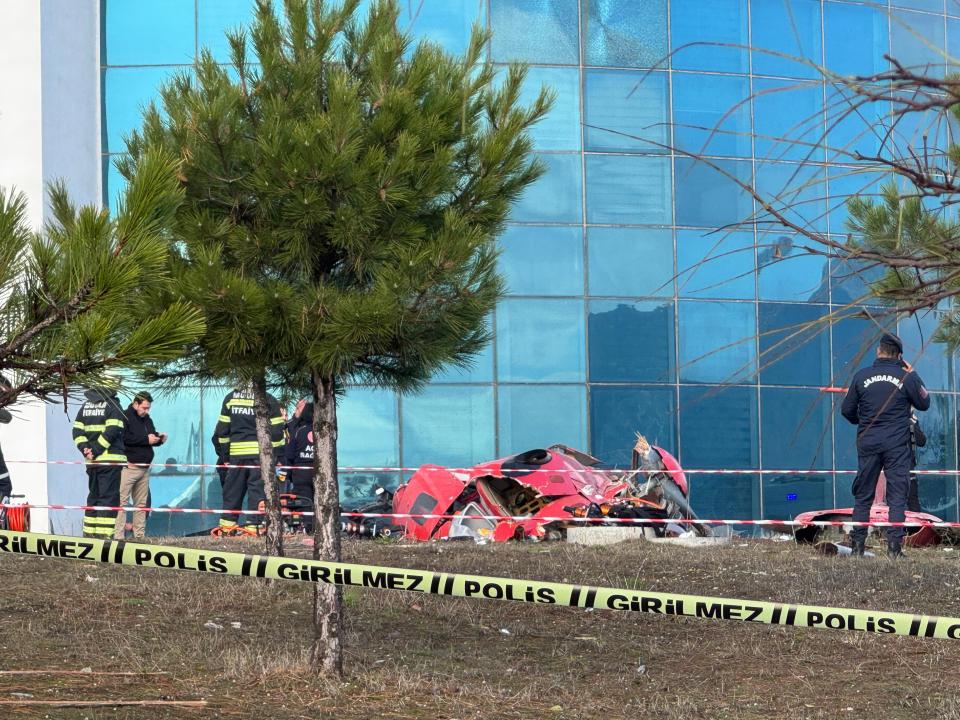Legal Traps: The Impact of Abortion Bans and Divorce Restrictions During Pregnancy
Four states restrict divorce during pregnancy, and with the Arizona Supreme Court’s decision this week, all four now have near-total abortion bans.
Domestic violence experts warn that this combination can be fatal.
According to a recent study published in the Journal of the American College of Surgeons, states that restricted abortion access from 2018 to 2020 had a 75% higher rate of peripartum homicide (people killed while pregnant or in the first year after giving birth) than states without restrictions.
Men’s homicide rates did not follow the same trend. Firearms were used in 63% of all peripartum killings. These figures highlight the link between reproductive rights, domestic violence, and firearm violence in the United States.
The Arizona Supreme Court maintained the state’s abortion legislation, which was approved in 1864, on Tuesday. It had been stalled for years by the United States Supreme Court’s 1973 ruling in Roe v. Wade, but it was reintroduced after being overturned in 2022. State legislators attempted to overturn the bill on Wednesday, but were prevented by the Republican leadership.
While there is no explicit regulation in Arizona that prohibits divorce during pregnancy, the state generally does not allow divorce proceedings involving a pregnant person to be finalized until the baby is delivered.
Though protective orders can be imposed to assist someone in a domestic violence scenario to leave an abusive relationship, the state’s pregnancy and divorce laws can cause uncertainty and upheaval, as well as actual harm. In Missouri, Texas, and Arkansas, state statutes prohibit or discourage judges from finalizing divorces when a person is pregnant.
The consequences of the Arizona verdict, when viewed through the perspective of gender-based violence, “truly takes our breath away,” according to Crystal Justice, the National Domestic Violence Hotline’s chief external relations officer. ”
We are highly concerned about the impact of these detrimental abortion restrictions on people who may become pregnant while experiencing or at risk of experiencing domestic violence. These rules are nothing short of cruel, and they will empower abusive spouses to further isolate and torture survivors, potentially costing them their lives.
According to Justice, calls to The Hotline alleging reproductive coercion have increased by 98% since the Dobbs verdict. Even before this week’s verdict, the numbers in Arizona had doubled, she added.
Homicide is the primary cause of death among pregnant and postpartum women in the United States, with 3 to 9 percent of American women experiencing domestic violence during pregnancy. The majority of women who were assaulted before getting pregnant continue to be mistreated during their pregnancy.
“An abusive partner oftentimes views pregnancy as a loss of control, that their victim will now not be solely dedicated to them but will have somebody else that diverts their attention away from the abusive partner,” he added.
She believes that denying pregnant individuals the right to leave their marriages while also prohibiting abortion will increase the chance of death.
“Not only is the state now saying with this harmful and antiquated law that you must stay pregnant against your will,” she continued, “but the state is not going to let you legally divorce your abusive partner while you are pregnant.” “I cannot think of anything more outrageous or cruel.”
Justice stated that this situation exemplifies the reality of what happens when reproductive rights are delegated to states, a position endorsed by former President and likely Republican presidential nominee Donald Trump this week. “With the degradation of Roe v. Wade, we have sown chaos and confusion. And when you consider people who are victims of domestic abuse, the situation becomes even worse.”
Amanda Jean Stevenson, an assistant professor of sociology at the University of Colorado-Boulder and a demographer who studies the effects and responses to abortion policy, emphasized that when considering Arizona’s overlapping restrictions on pregnant people, it’s critical to remember the documented risks associated with being denied a desired abortion.
“We know that they then face greater socioeconomic disadvantages, poor physical health, greater likelihood of staying in abusive relationships, and worse outcomes for children who are already born,” Stevenson went on to say.
There is no evidence that divorce limits have an impact on health or social results, but there is plenty of evidence that making it simpler to divorce can enhance people’s lives, particularly for women.
The right to freely make decisions about pregnancy and marriage are related, Stevenson said, not just because they both frequently involve women, “but also because they’re both about people’s ability to make decisions about their own lives.” Looking at Arizona, she sees a place where two major choices are limited.
Given this dynamic, Stevenson believes it is vital to understand the causes of all peripartum fatalities. She believes it is critical to realize the link between domestic abuse and abortion laws, that forcing a person to remain pregnant or married can result in death, and that these two issues can exacerbate one another.
“Can pregnancy cause deaths by forcibly exposing them to violence or is it that the only way that pregnancy can cause people’s deaths is by increasing the volume of their cardiovascular system by 40 percent and thereby exposing them to greater risk for cardiovascular outcomes?” she went on to say. “The question is whether you believe in social causality or biological causality. And that’s a political question.”
Justice claimed that survivors of domestic violence suffer assaults on their rights at every turn in places such as Arizona, which now effectively restricts divorce during pregnancy and prohibits abortion.
“Their abusive partner is actively removing their autonomy, as well as their ability to control their bodies and lives.” And now we have a state statute that does the same thing,” she explained.










